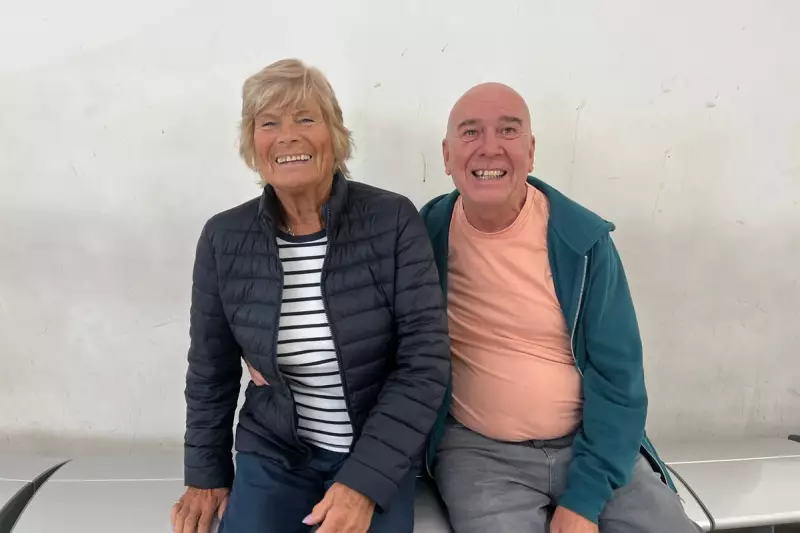
Europe's largest budget airline, Ryanair, has embarked on a significant digital transformation, officially scrapping print-at-home boarding passes. The new policy, which took effect on Wednesday 12 November 2025, mandates that passengers use either a digital pass on the Ryanair app or obtain a free printed version at the airport after checking in online.
The Passenger Verdict
By 1pm on the day of the launch, the airline reported that an overwhelming 98 per cent of passengers had successfully presented digital boarding passes. For many, the move away from paper was a non-issue, a natural progression in an increasingly digital world where physical tickets feel antiquated.
However, the change posed a potential challenge for travellers less comfortable with smartphone technology. Travel correspondent Simon Calder met with Beryl and Mick from East Anglia at Stansted airport, who represent the small minority navigating this new system. "We're not so good on smartphones," Beryl admitted, with Mick adding, "We're old-fashioned. We just like going to the desk and getting your boarding pass."
An Ingenious Workaround
Despite their self-professed lack of tech-savviness, the couple has found a seamless solution thanks to their travel agent, Jo at Hays Travel in Norwich. Jo manages their entire digital process for them. She uses the Ryanair app on Mick's phone to check them in online. At the airport, Mick simply needs to open the app and tap "Boarding Passes" to proceed.
"She's just brilliant," Mick says of Jo, whose service ensures they are not left behind by the airline's new policy. This highlights a key takeaway: while the change is significant, support systems from travel agents and the airline's own free airport printing service provide crucial safety nets.
Broader Implications and Competition
Ryanair claims the move to a paperless system will generate substantial savings of around £100,000 per day, promising that these cost reductions will lead to lower fares for passengers. The airline also emphasises that flying with them is not compulsory, pointing to intense competition from other carriers like Jet2, British Airways, easyJet, and Vueling.
When asked if other airlines might follow suit, Mick, having successfully adapted, speculated, "I think they probably will do it. Whether they should or not, I don't know." For now, with the help of their trusted travel agent, Beryl and Mick are prepared for the industry's digital future.





